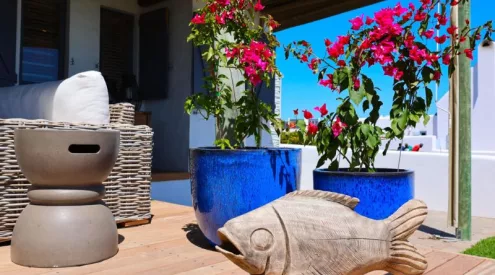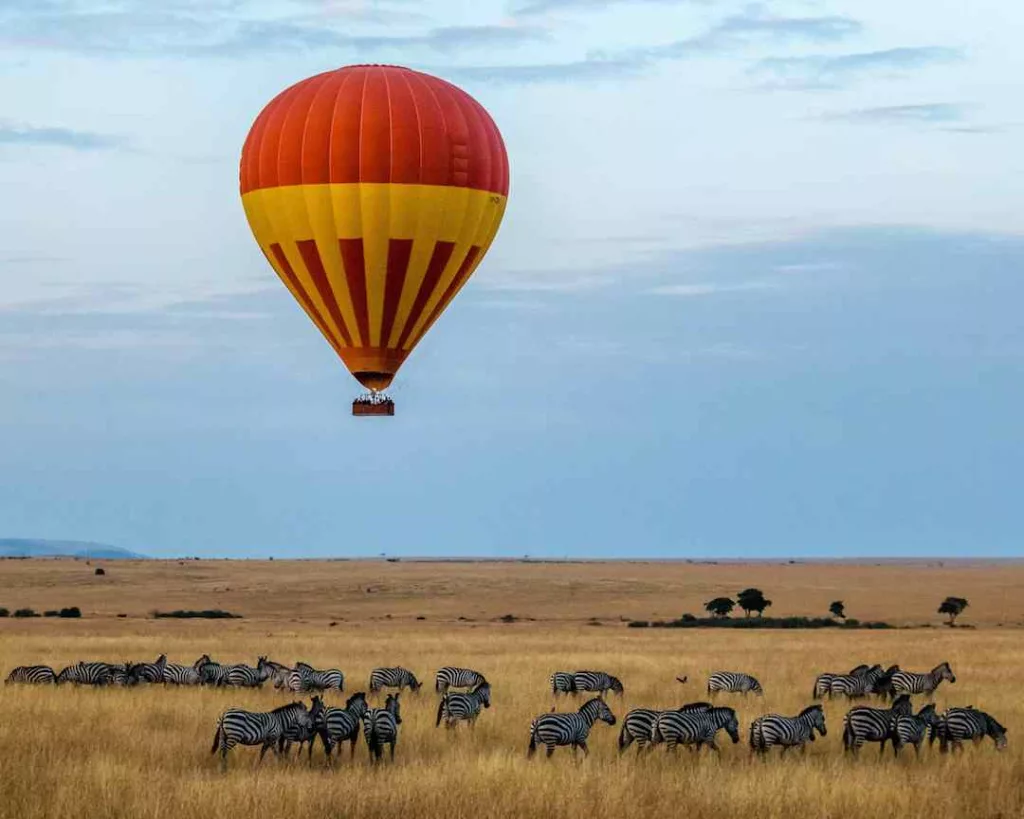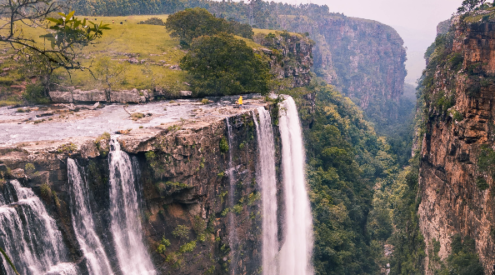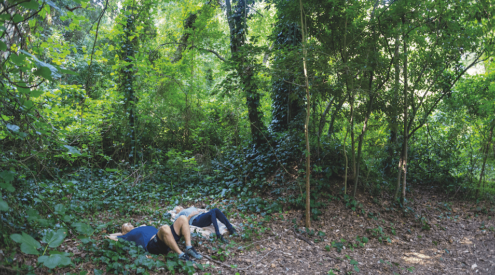Greenland sharks roaming the North Atlantic and Arctic oceans are some of the longest-surviving creatures on the planet. These predators can live for up to 400 years, but scientists admit it’s difficult to study them as they in remote geographic areas, at a depth of 1,500 metres.
Greenland sharks are currently classified as ‘near-threatened’ by the IUCN.
‘These quiet giants spend hundreds of years below the ocean, slowly roaming the depths in near- to below-freezing waters, rarely seen by the human eye’, biology graduate Meaghan Swintek told Fullerton.
‘The long-lived Greenland shark is pretty uncommon and speaks volumes to the potential damage that we have caused on their species from previous exploitation and current accidental bycatch from other fisheries,’ she added.
The age-old giants are even to be found under the ice cap of the North Pole. They can grow to weigh 1.3 tonnes and up to 8 meters long, according to National Geographic.
Not known to be aggressive due to the icy temperatures of their habitat, their metabolisms are slow and they move quite sluggishly. They are also near-blind. However, a study on their diet has revealed that interestingly, they have a rich and varied diet, including fast-moving prey like seals.
‘For decades, scientists have noted the discrepancy between the lethargic appearance of the Greenland shark and the potentially faster moving prey species found in their stomachs,’ the authors of the study write.
Exactly how the sharks hunt their prey remain unclear, but some theories say they are eager scavengers, and other say they catch seals when they are asleep.
Take a look at these ancient oceanic predators:
View this post on Instagram
View this post on Instagram
View this post on Instagram
Picture: Wikimedia Commons
















